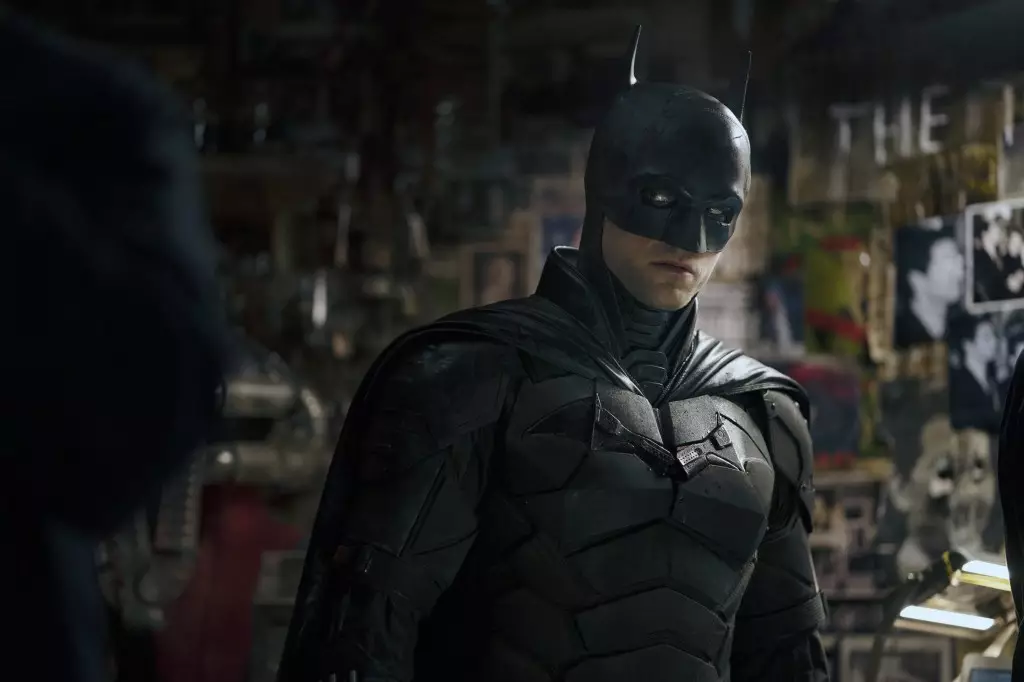As Warner Bros. prepares to close out the year following the holiday season, the studio has strategically reevaluated its release calendar for the upcoming year, generating significant excitement and speculation among fans and industry watchers alike. A notable adjustment to the slate is Matt Reeves’ highly anticipated sequel to The Batman, which has been pushed from its initial release date of October 2, 2026, to the following year, October 1, 2027. This decision reflects Warner Bros.’ commitment to delivering a visually spectacular film, as the production is set to commence in the latter half of 2024. With extensive visual effects required for the sequel, the 2027 date allows the studio ample time to ensure a polished final product.
The original Batman film, released during a tumultuous time for the film industry amidst the COVID-19 pandemic, marked a crucial turning point for Warner Bros. Its successful box office run, which grossed $369.3 million domestically and $772 million worldwide, solidified the character’s enduring popularity and demonstrated the potential of a blended theatrical and streaming release strategy. Following this, the film spawned a spinoff series on Max, The Penguin, which quickly rose to become one of the platform’s most viewed debut seasons, ranking third globally after The House of the Dragon and The Last of Us. This indicates not only the franchise’s broad appeal but also signals Warner Bros.’ desire to develop interconnected media ventures around its key properties.
Replacing The Batman sequel in the fall of 2026 is an ambitious untitled project directed by Alejandro González Iñárritu and featuring a stellar cast, including Tom Cruise and Sandra Hüller. This film is expected to follow the life of a powerful figure grappling with the consequences of his actions while striving for redemption—a theme that resonates deeply in contemporary cinema. Scheduled for an Imax release, the film stands alone as the sole major studio release for the opening weekend in October 2026, giving it a distinct advantage in securing box office revenue during its launch.
Another crucial date shift involved Mickey 17, the latest venture from celebrated director Bong Joon Ho, which has been pushed to March 7, 2025. This film, starring Robert Pattinson, will benefit from an exclusive run in Imax, showcasing the studio’s confidence in its visual storytelling capabilities. Coupled with its new release window, Mickey 17 stands poised for greater audience engagement and anticipation.
Warner Bros. is also reshuffling its lineup for Easter, a strategically important time for studio releases, historically yielding high box office returns. The film Sinners, directed by Ryan Coogler and starring Michael B. Jordan, now occupies the slot on April 18, 2025. This film follows the story of twin brothers who attempt to escape their past only to confront new challenges. The choice to release it alongside several other films indicates Warner Bros.’ intent to create a dynamic holiday movie atmosphere while ensuring audience choice. Their historical dominance during this time, with notable films like Batman V. Superman and Godzilla X Kong: The New Empire, emphasizes the significance of this release strategy.
With the adjustments made to its production calendar, Warner Bros. is not merely reacting to the dynamic landscape of the film industry but strategically positioning itself for long-term success. The push for quality over rushed releases could foster a new era of filmmaking that prioritizes meticulous development, especially in franchises with established audiences. As these films make their way through various production phases, all eyes will be on Warner Bros. to see how it navigates the competitive film market and whether these strategic moves pay off at the box office and among critics.
Warner Bros.’ foresight in managing its release slate could serve as a blueprint for other studios navigating an increasingly complex cinematic landscape as they too adjust to the evolving expectations of audiences in an era defined by high production values and intricate storytelling.

